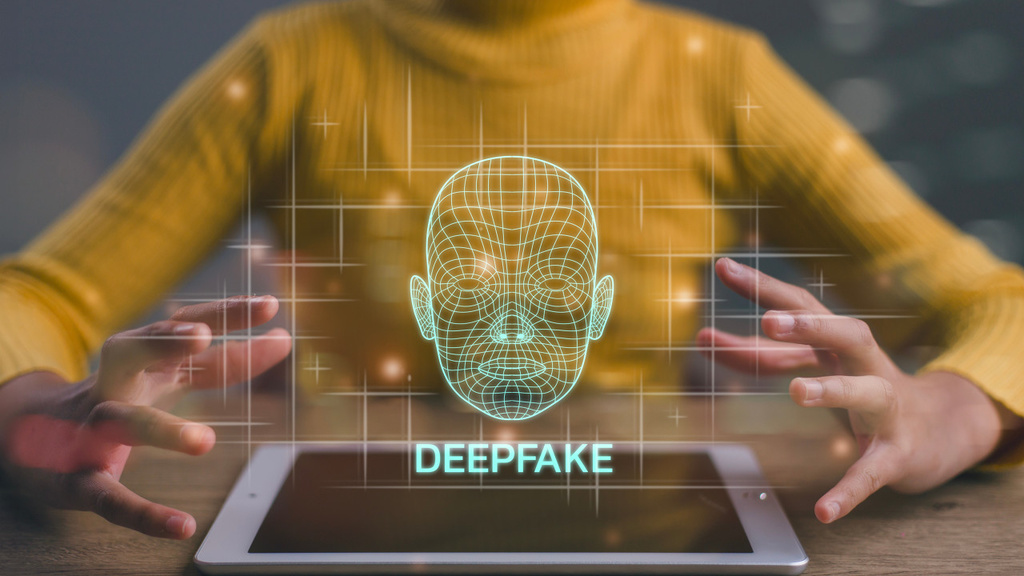More than 90 per cent of teachers in South Korea are worried that their photos in students’ graduation albums could be used to commit Deepfake sex crimes, a survey has revealed. Nearly 70 percent of the teachers surveyed suggested that schools should stop making graduation albums. The survey, conducted by the General Federation of Korean teacher groups from September 30 to October 9, included 3,537 teachers.

More than 90 percent of South Korean teachers are concerned that the photos in the album will be used to further falsify sex crimes.
A survey found that 93.1 percent of the teachers surveyed were worried that the photos in their graduation albums would be used for deep falsification, photo tampering and infringement of portrait rights, the Korea Times reported on the 17th, the number of teachers willing to include their own photos in their albums continues to decline. 72.5% teachers choose not to include their own photos in the graduation album, and 20.4% teachers choose not to participate in the production of graduation album. 67.2% of the teachers even thought that they should not make graduation album. Students have also become more cautious, with 45.5 per cent of the teachers surveyed reporting an increasing number of students asking to have their photos removed from their graduation albums. The General Federation of Teachers’ groups said the disappearance of the photos chosen by teachers and students from their graduation albums reflected growing concerns about deep-seated sex crimes.
The group warns that as technology advances, deep-seated sex crimes and their effects could become more common in the future. A digital sex crime scandal and frequent cases of fake sex crimes in South Korea have sent many women into a panic, after the“Room N” incident, the Asia daily reported. South Korean police said on the 16th, January 1 to October 14 this year, accepted and investigated a total of 921 cases of using deep falsification technology of sexual crimes, arrested 474 suspects.
Most of the cases of deep falsification of sexual crimes are aimed at ordinary women and minors. A total of 840 school victims, including 804 students and 36 teaching staff, have been caught using deep-fake technology to produce sexually exploitative videos, the South Korean Ministry of Education said Thursday. A total of 509 campus crime reports, 282 High School, 211 Junior High School, 16 primary school.
In order to crack down on deep counterfeit crimes, the South Korean police from August 28 began to implement a“Deep counterfeit technology special centralized control” operation. In addition, South Korea’s ruling National Power Party also said on September 3, will set up a working group to focus on combating the depth of forged sex crimes, and plans to increase the punishment of related crimes. Yonhap news agency reported that the South Korean government on October 10 passed a vote on the punishment of sexual violence crimes of special cases law (referred to as“Sexual violence punishment law” amendment) . Under the amendment, possession, purchase, preservation or viewing of deeply forged pornographic images is punishable by up to three years in prison or a fine of 30 million won (100 won) . In addition, the amendments to the law on the prevention of sexual violence and the protection of victims and to the law on the prevention of sexual abuse of children and adolescents were successfully adopted.